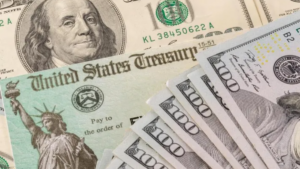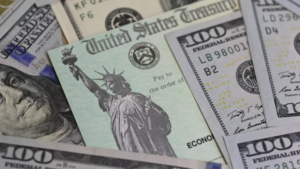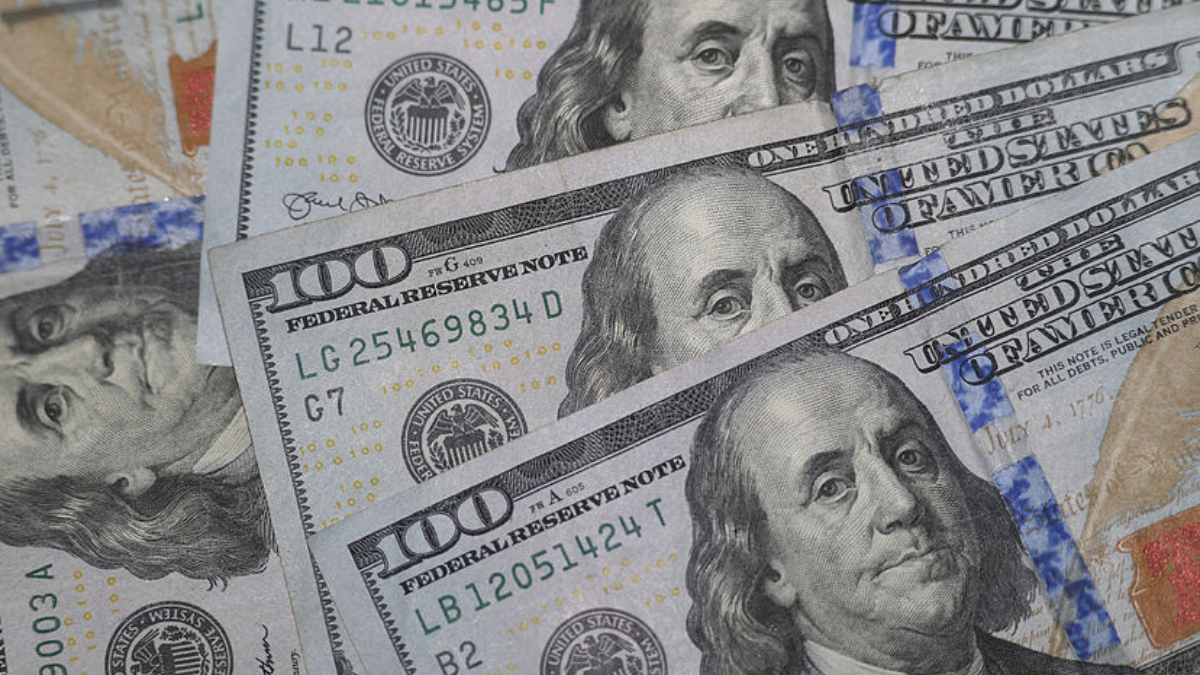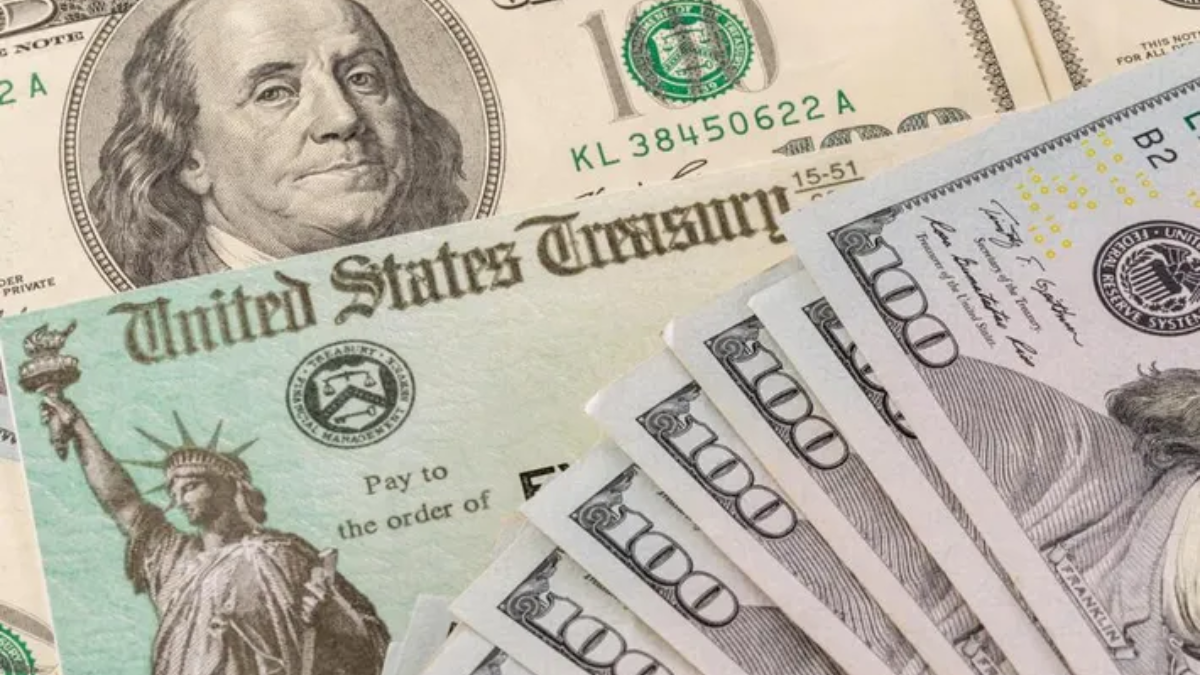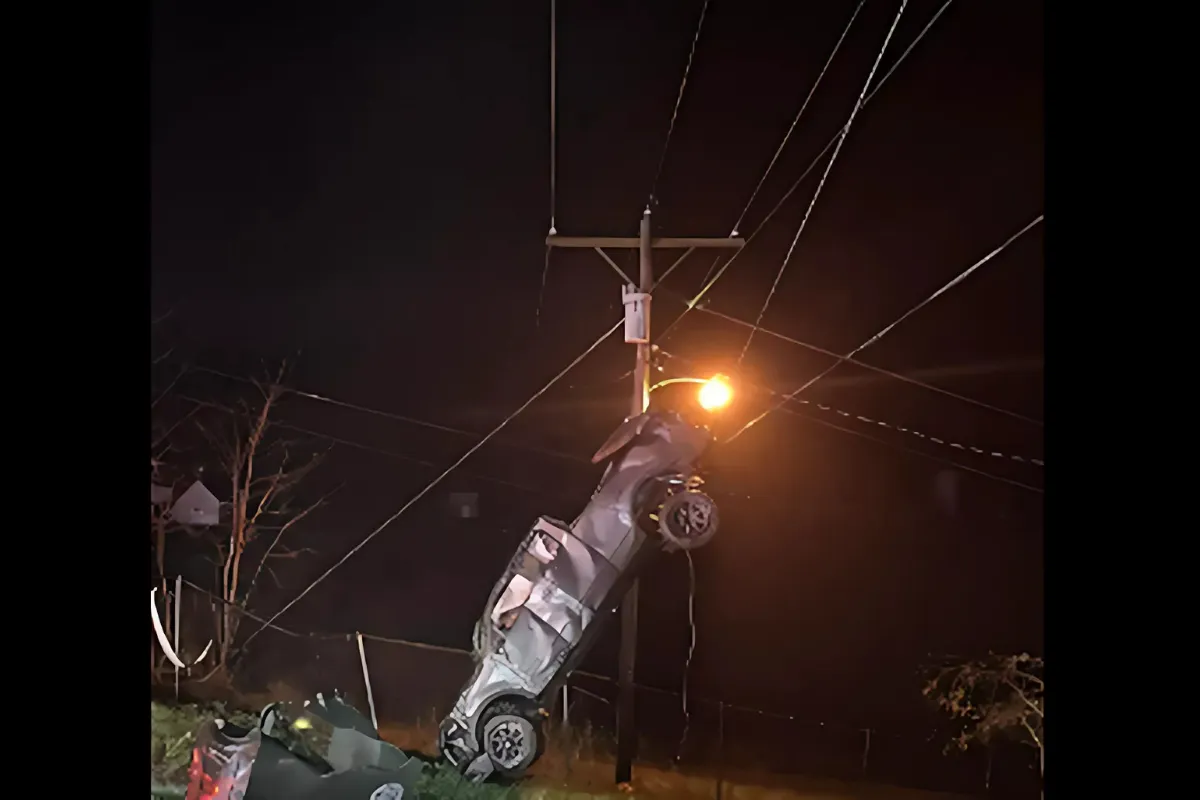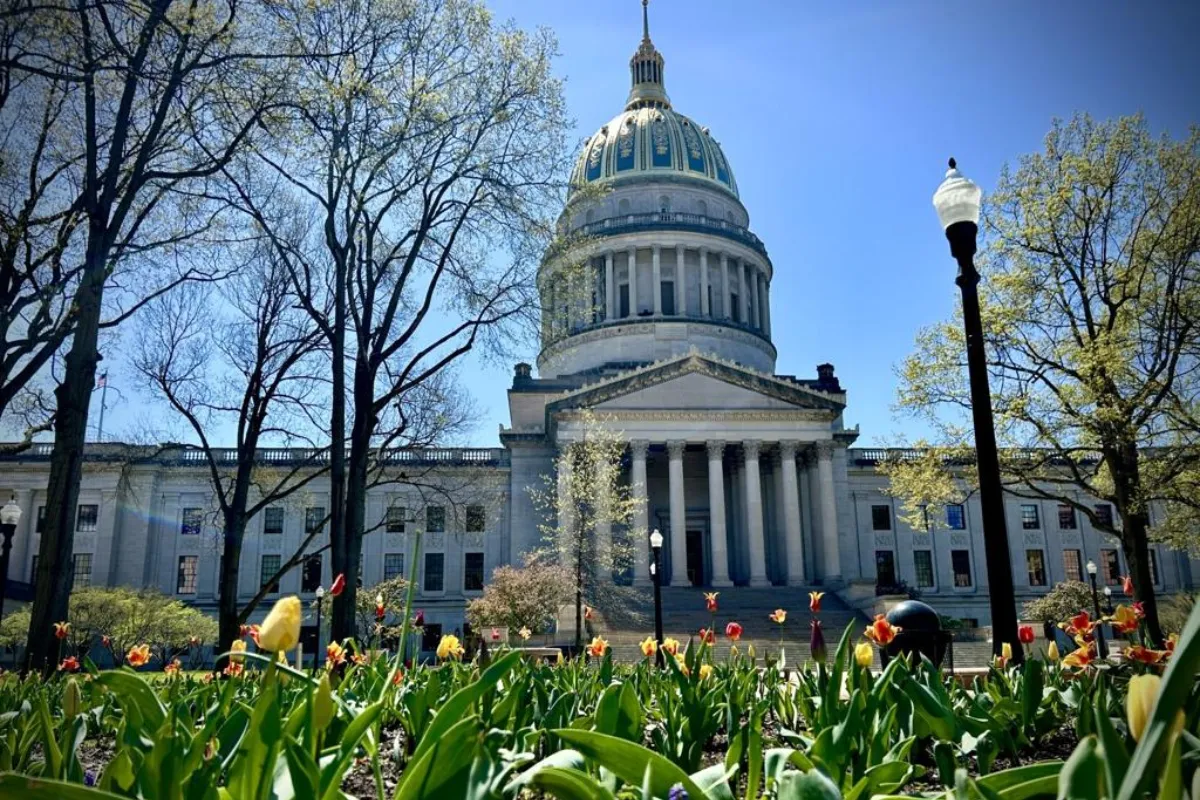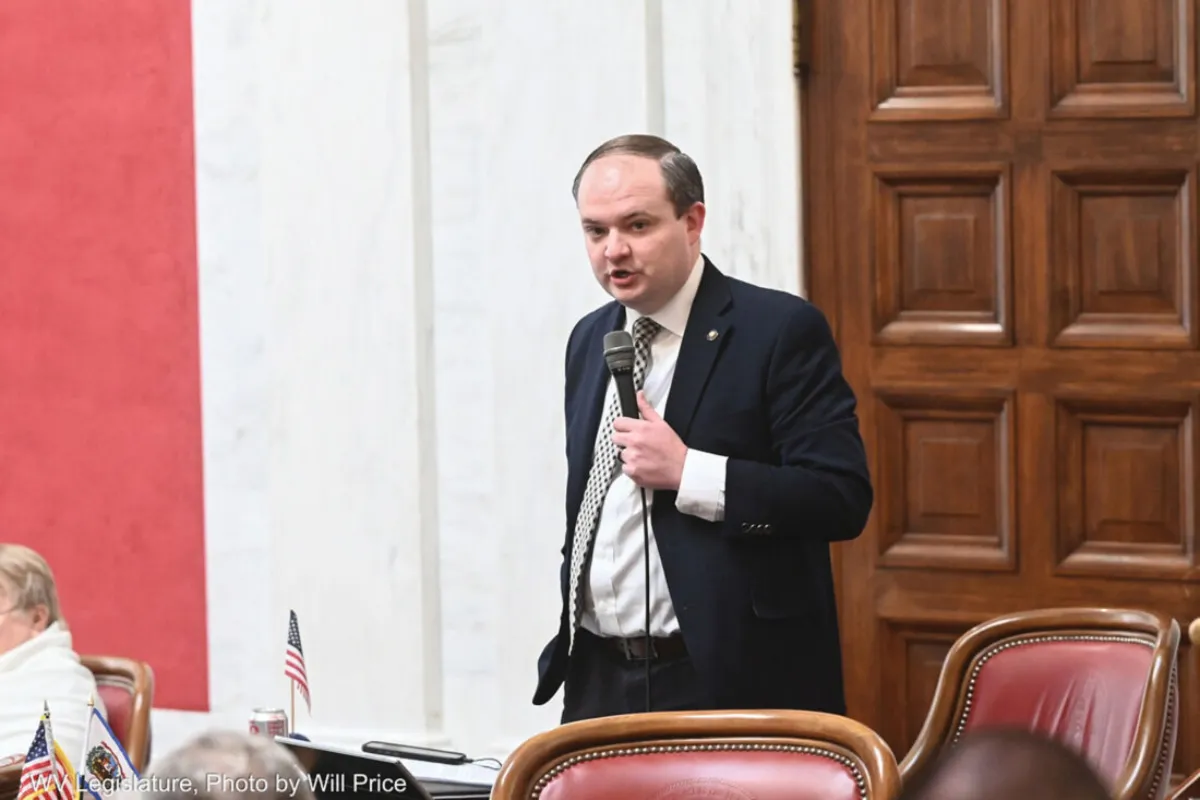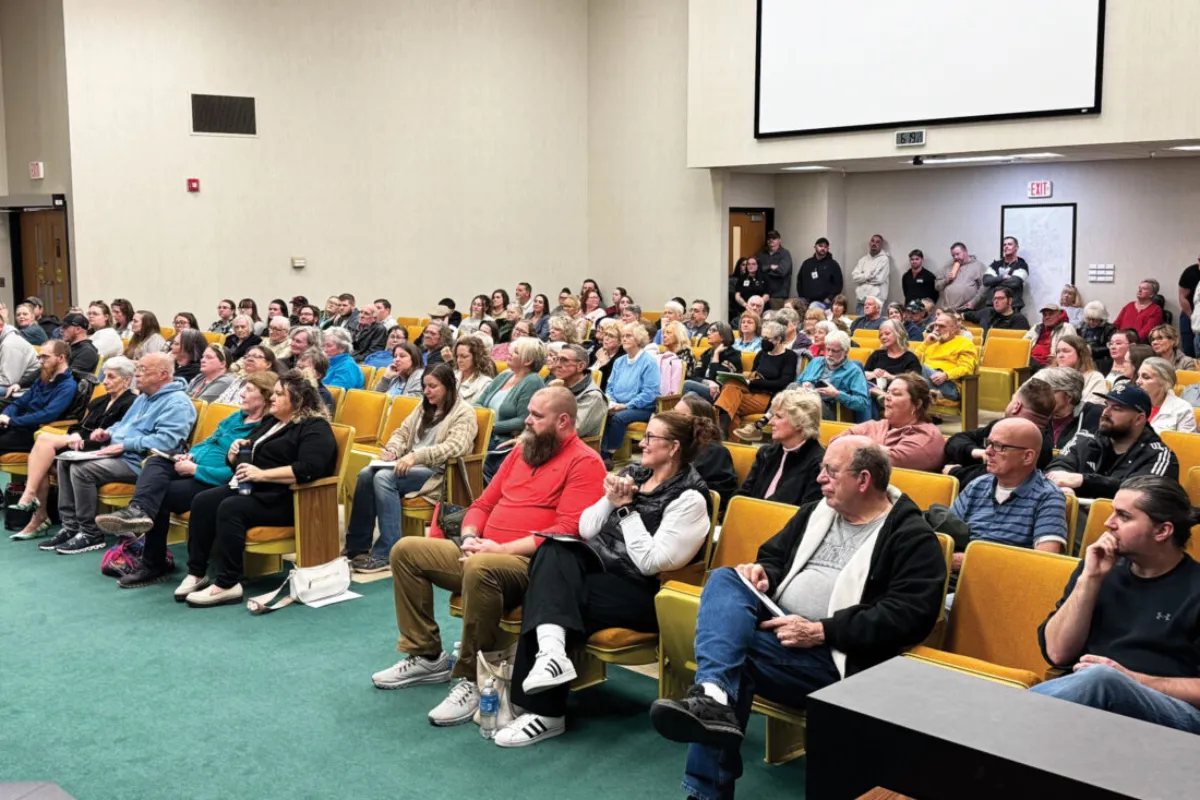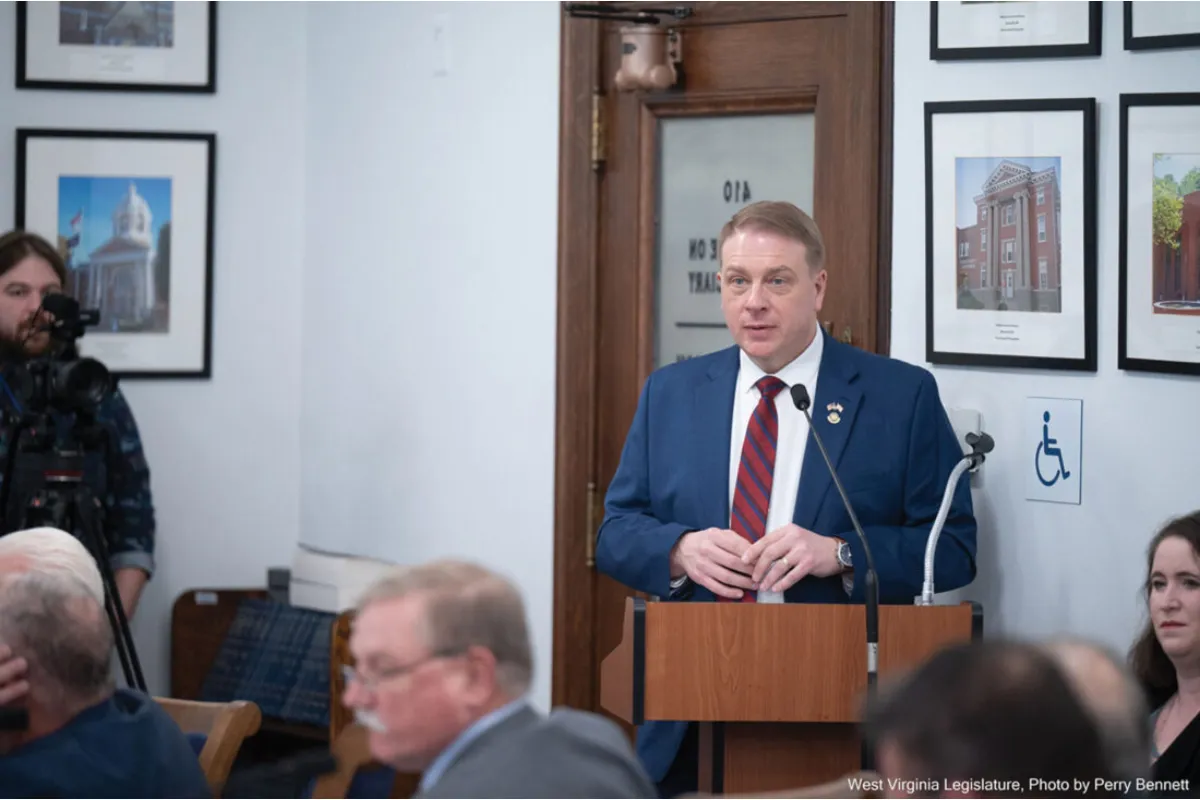West Virginia is making headlines with a bold new bill that could allow the state to invest public funds in Bitcoin and other digital assets. State Senator Chris Rose, the bill’s sponsor, says the goal is clear—freedom from a possible federal Central Bank Digital Currency (CBDC) and more financial independence for the state.
Fighting Federal Control with Bitcoin
“There’s talk at the federal level about launching a CBDC,” Rose said in an exclusive interview. “But people don’t want a government-controlled currency. They want decentralized options like Bitcoin. They want freedom.”
The bill, introduced in February, proposes that up to 10% of public funds be invested in assets like gold, silver, stablecoins, or digital currencies with a market cap of at least $750 million over the past year. Currently, Bitcoin is the only digital asset that qualifies under those rules.
Avoiding Memecoins, Focusing on Stability
Senator Rose explained that the $750 million market cap requirement helps the state avoid risky and unproven cryptocurrencies like memecoins. This way, the state only invests in serious, time-tested digital assets.
“Our focus is on solid, well-established investments,” he said. “Bitcoin stands out as a reliable option that can boost state sovereignty.”
Introducing Bitcoin Without Fear
By capping the investment at 10%, Rose believes the state can ease into the world of digital assets without alarming those who don’t understand crypto. “It’s a smart starting point. It’s not too much, but enough to make an impact,” he added.
Bitcoin: Investment and Freedom Tool
According to Rose, one of the biggest challenges to passing the bill is fear—mainly from lawmakers who are still unfamiliar with Bitcoin and how it works.
“People are scared of what they don’t understand,” he said. “But once they learn about Bitcoin, they see it’s not just an investment—it’s a tool for financial freedom.”
Support From the Top
Rose is confident that state leaders are on board. Governor Patrick Morrisey, who has long supported tech and crypto innovation, is unlikely to stand in the bill’s way. Rose also confirmed he spoke with the state treasurer before moving forward.
However, not everyone is convinced. Some financial experts and lawmakers worry about Bitcoin’s price volatility and its potential risks to public funds.
A Growing Trend Across the U.S.
West Virginia isn’t alone. Across the U.S., 47 similar Bitcoin reserve bills have been introduced in 26 states. Some are gaining momentum, especially in Arizona, Oklahoma, and Texas. Still, many bills are stuck in committees or have been watered down.
Where the Funds Would Come From
The bill doesn’t touch the state’s everyday funds. Instead, the proposed investments would come from long-term pools like the pension fund and the severance tax fund. “We kept it away from petty cash and day-to-day funds,” Rose explained. “This is for long-term strategic growth.”
West Virginia’s proposed Bitcoin reserve bill is more than just an investment move—it’s a political and financial statement. Senator Rose and other supporters see Bitcoin as a way to secure the state’s financial future and protect it from federal overreach. While critics remain concerned about risk, the idea of using Bitcoin as both a store of value and a symbol of independence is clearly catching on—not just in West Virginia, but across the country.


